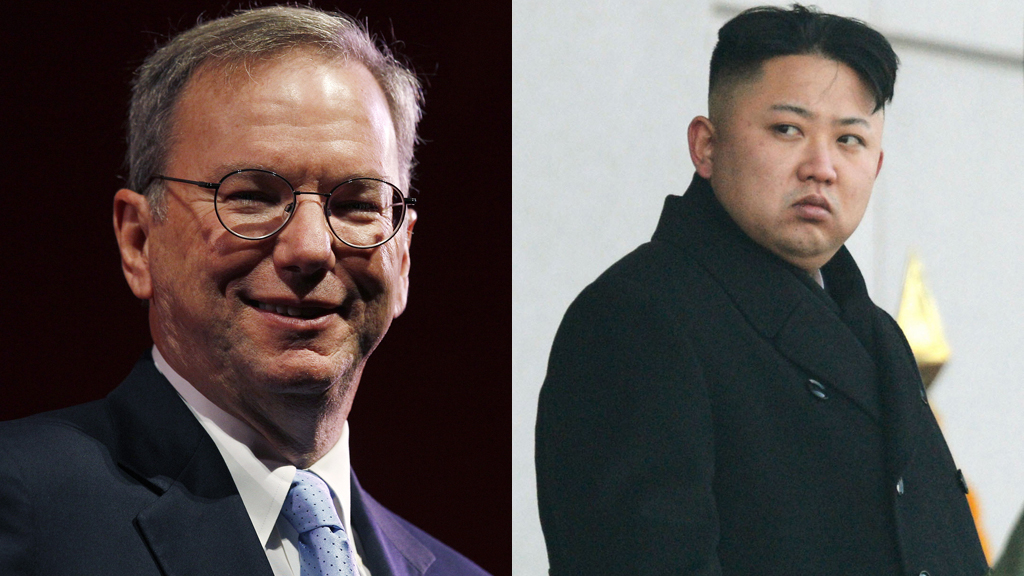Google’s Eric Schmidt criticised over North Korea trip
Google’s Executive Chairman Eric Schmidt’s planned trip to North Korea with a former diplomat is branded “unhelpful” by the US government.

The US State Department said the timing of the trip, which Mr Schmidt will make with former diplomat Bill Richardson, was not “helpful”.
“Frankly, we don’t think the timing of this is particularly helpful,” State Department spokeswoman Victoria Nuland told reporters, citing North Korea’s launch of a long-range rocket in December. “They are well aware of our views.”
Ms Nuland was also keen to stress that the pair were not travelling on US state business. “They are private citizens. They are travelling in an unofficial capacity,” she said.
‘Private citizens’
“They are not going to be accompanied by any US officials. They are not carrying any messages from us. They are private citizens and they are making their own decisions.”
The statement appears to seek to lessen the significance of such a trip. Mr Schmidt is the executive chairman of Google, the world’s largest internet search engine and one of the leading figures in the US technology industry. Mr Richardson is a former governor of New Mexico and former ambassador to the United Nations.
North Korea, on the other hand, is one of the most repressive of media environments in the world, and is currently ranked second from bottom in the Reporters Without Borders press freedom index.
Internet access is limited to a minority of senior officials and some foreign diplomats.
‘Personal travel’
On Wednesday, Google did not directly respond to a question about whether Schmidt was going to North Korea, although a spokeswoman’s response suggested a visit would not be for company business.
“We do not comment on personal travel,” Google spokeswoman Samantha Smith said.
On 12 December 2012 North Korea launched a missile in what William Hague called a “provocative act”. North Korea said the launch put a weather satellite in orbit but critics say it was aimed at nurturing the kind of technology needed to mount a nuclear warhead on a long-range missile.